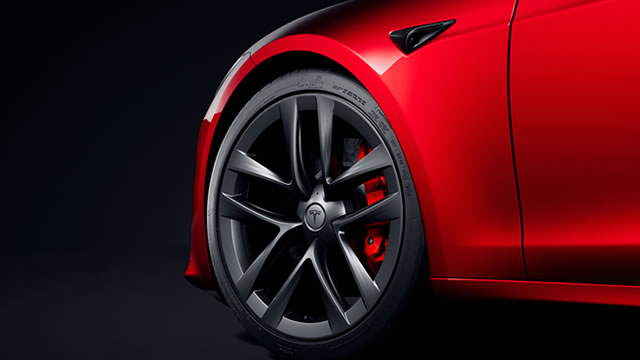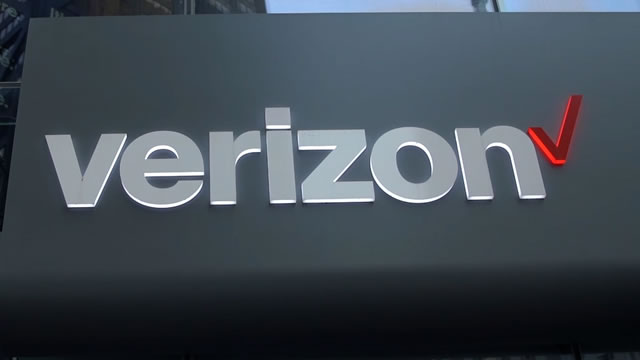Ericsson and Lenovo Reach Patent Licensing Settlement: A Detailed Analysis
In a recent development that is expected to bring a significant shift in the tech industry, Ericsson and Lenovo have announced a patent licensing settlement. The announcement was made on April 3, 2025, through a press release, which stated that the two companies have reached a multi-year, global patent cross-license agreement.
The Dispute: A Brief Overview
The patent licensing dispute between Ericsson and Lenovo had been ongoing for several years, with both parties filing lawsuits and administrative proceedings in various countries. The primary focus of the dispute was the infringement of each other’s patents in the telecommunications and technology sectors.
The Settlement: Key Provisions
Under the terms of the settlement, Ericsson and Lenovo have agreed to a cross-license of their respective patents. This means that both companies will have the right to use each other’s patented technology without infringing on intellectual property rights. The financial impacts of the settlement are expected to be recognized from the second quarter of 2025.
The Impact on Ericsson
The settlement is expected to have a positive impact on Ericsson’s financial performance. By resolving the patent dispute, the company will no longer face the costs associated with ongoing litigation. Moreover, the cross-licensing agreement will provide Ericsson with access to Lenovo’s patent portfolio, which could lead to new business opportunities and revenue streams.
The Impact on Lenovo
Lenovo, on the other hand, will also benefit from the settlement. The agreement will allow the company to avoid the costs and distractions associated with the patent dispute. Furthermore, Lenovo will gain access to Ericsson’s patent portfolio, which could lead to new innovations and competitive advantages.
The Impact on Consumers and the Tech Industry
The patent licensing settlement between Ericsson and Lenovo is significant for several reasons. First, it demonstrates the importance of intellectual property rights in the tech industry. Second, it highlights the benefits of cross-licensing agreements in resolving disputes and fostering collaboration between companies. Lastly, it could lead to new innovations and improvements in the telecommunications and technology sectors, ultimately benefiting consumers.
Arbitration: The Final Step
The settlement agreement also includes a provision for arbitration to fully and finally resolve any remaining patent licensing disputes between the parties. This is a common practice in patent licensing agreements and helps ensure that any disagreements are resolved in a fair and impartial manner.
Conclusion
In conclusion, the patent licensing settlement between Ericsson and Lenovo marks an important milestone in the tech industry. By resolving their long-standing dispute through a cross-licensing agreement, both companies have gained access to each other’s patent portfolios and avoided the costs and distractions associated with ongoing litigation. The settlement is expected to have a positive impact on both companies’ financial performances and could lead to new innovations and business opportunities. As the tech industry continues to evolve, it is essential that companies find ways to collaborate and resolve disputes in a constructive and mutually beneficial manner.
- Ericsson and Lenovo reach patent licensing settlement
- Multi-year, global patent cross-license agreement
- All ongoing lawsuits and administrative proceedings withdrawn
- Financial impacts expected from Q2 2025
- Positive impact on both companies’ financial performances
- Potential for new innovations and business opportunities




